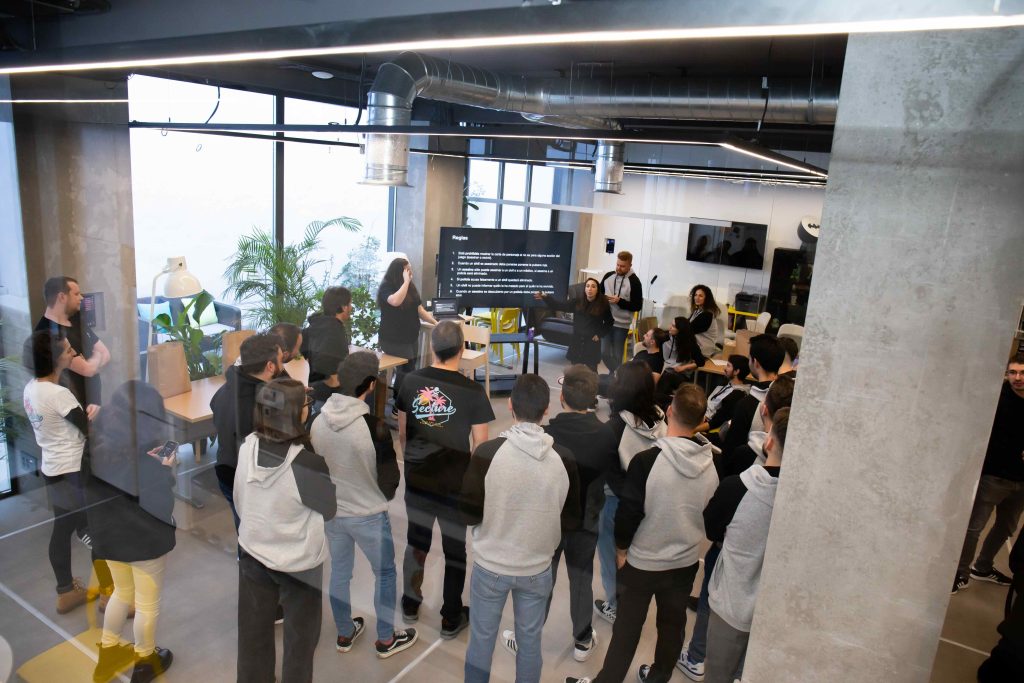In a B2B ecosystem and also in a technology sector, where what is offered are services without a product, it is very difficult to do marketing. The beauty of marketing is to get into retail and sell high-consumption products to a mass audience. Building a marketing department from scratch with these characteristics - and doing it remotely - is more than a challenge: it is a trial by fire. But it's not mission impossible. When done right, it can become a competitive advantage.

First things first: understand the business, not just the marketing.
Before defining strategies or launching campaigns, it is essential to understand what the company really needs, from a global perspective. A solid marketing team doesn't start by creating social media profiles or activating a Google Ads campaign; it starts by immersing itself in the reality of the business. What drives customers? Where are the painWhat is the life time value (LTV)?what is our Unique Selling Proposition (USP)? And all those words in English that we love to say to the marketers to look like we know what we're talking about.
Understands, aligns and structures
Before starting to build, it is necessary to draw a foundation and a plan of what we want to build and where we want to go. At Secture, the marketing department's activities are based on three main pillars:
- CommunicationFrom internal channels to public relations, through this technical blog (although this article is not), newsletter... Every message must be clear, human and coherent with the brand.
- Brandingis much more than a logo, it is the experience that a customer, collaborator or follower has every time he/she comes into contact with the brand. The presence in events can be key to give voice to the brand.
- Demand generationfunnel design, automation, content marketing, campaigning, lead generation, content marketing leads... Always with a focus on conversion, but without sacrificing our essence.
And everything, absolutely everything, is measured. Because without impact, there is no purpose.
Automate from day one
One of the biggest mistakes in startups or not so startups is to postpone automation until “we have more equipment”. This is a mistake that can be very expensive. The tools are what allow us to scale without wearing out the team and without the need to grow in the same proportion. And artificial intelligence plays a growing role here. It does not replace work, but it multiplies its scope and saves us time. Automating repetitive tasks frees up time to think, analyze and be creative.
Remote, But with processes and culture
Being a company that works remotely sounds super sexy (I told you I was going to be pedantic with the little words in English), but making it work requires rigor and purpose. It's not enough to have a stable connection and a channel of Slack. Remote work rests on three pillars: solid processes, tools that contribute (and do not get in the way) and a very solid (and lively) culture.
And culture is not improvised. There is a lot of work to be done to connect the team in human and professional terms. Without culture, there is no team.
Marketing + Sales = drama
One of the biggest mistakes is to think that sales and marketing are watertight departments. Historically, separating them in the organizational chart has been the norm, but the reality is that this disconnection is a brutal brake on growth.
If there is no fluid communication between them and they look like the dog and the cat, your solution is the figure of the Revenue Operations, which acts as a strategic bridge: it aligns objectives, ensures data traceability and makes it easier for both areas to work as one.
Some uncomfortable (but necessary) truths
- Performance marketing without a solid brand is bread for today and hunger for tomorrow.
- The buyer persona are not static: they need to be reviewed, questioned and actively listened to.
- There is no strategy without iteration: testing, failing and learning is part of the process. The important thing is to do it fast.
Do you have to build a marketing team from scratch, or do you just want it to work better? My advice: start by understanding the business, structure it well, automate from the beginning and align everyone.
And if you do it remotely... don't forget: no culture, no team.
If you want to know more about what we do, look for it at our blog.



